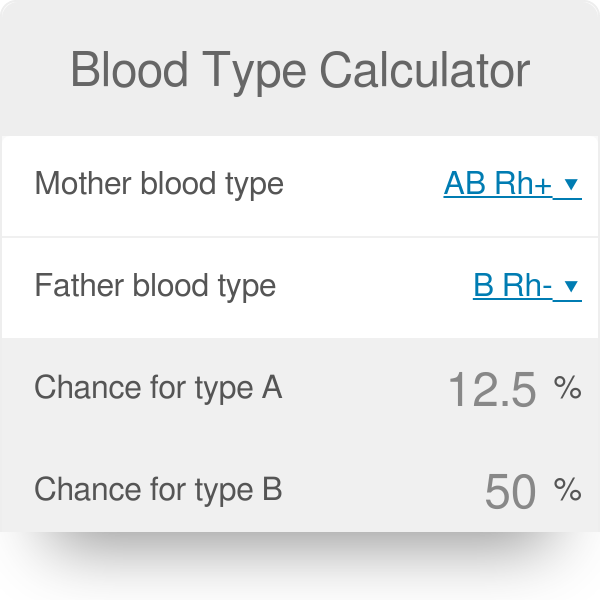
The baby may not need any special treatment after birth.
If the baby's anemia is mild, you will just have more testing than usual while you are pregnant. Treatment is based on how severe the loss of red blood cells (anemia) is. Treatment focuses on preventing or reducing fetal harm and on avoiding early (preterm) delivery. Treatment options depend on how well or poorly the baby is doing. The shots only work for a short time, so you'll need shots each time you get pregnant. This prevents Rh sensitization in nearly all women who use it. If you have Rh-negative blood but aren't Rh-sensitized, you may need one or more shots of Rh immune globulin (such as RhoGAM). If the newborn has Rh-positive blood, you will have an antibody test to see if you were sensitized during late pregnancy or childbirth. Your baby will have a blood test at birth. If the test still shows that you aren't sensitized, you probably won't need another antibody test until delivery. The blood test may be repeated between 24 and 28 weeks of pregnancy. If you have Rh-negative blood and are not Rh-sensitized, you will have this test again later in pregnancy. 
If you have antibodies, it means that you have been sensitized to Rh-positive blood. This is done with an Rh antibodies screening test or indirect Coombs test. If your blood is Rh-negative, it will also be tested for antibodies to Rh-positive blood. How is it diagnosed?Īnyone who is pregnant will get a blood test at their first prenatal visit to see what their blood type is. If you have Rh-negative blood, your doctor will probably treat you as though the baby's blood is Rh-positive no matter what the father's blood type is.

Since the mother's blood and the baby's blood match, sensitization won't occur.
If both parents have Rh-negative blood, the baby will have Rh-negative blood. If the mother is Rh-negative and the father is Rh-positive, there's a good chance that the baby will have Rh-positive blood. Rh sensitization during pregnancy can only happen if the mother has Rh-negative blood and the baby has Rh-positive blood. The problems will tend to get worse with each Rh-positive pregnancy you have. This can cause the baby to have anemia, jaundice, or more serious problems ( Rh disease). So during your first pregnancy, the baby probably would not be affected.īut if you get pregnant again, the antibodies could attack your baby's red blood cells. It takes a while to make antibodies that can affect the baby. In most cases, your blood will not mix with your baby's blood until delivery. It happens because Rh-negative blood cells don't have a marker called Rh factor on them, but Rh-positive blood cells do. If your blood mixes with the Rh-positive blood of your baby, you can develop antibodies against your baby's blood. Rh sensitization can occur during pregnancy if you are Rh-negative and pregnant with a developing baby who has Rh-positive blood. 
What causes Rh sensitization, and what problems does it cause? A blood test is the only way to know you have it or are at risk for it. Rh sensitization during pregnancy doesn't cause any warning symptoms. But in future pregnancies, sensitization could cause problems. In most cases, this isn't a problem the first time you're pregnant. If the two types of blood mix, your body will make antibodies. You may have Rh-negative blood, and your baby may have Rh-positive blood. Condition Basics What is Rh sensitization during pregnancy?







 0 kommentar(er)
0 kommentar(er)
